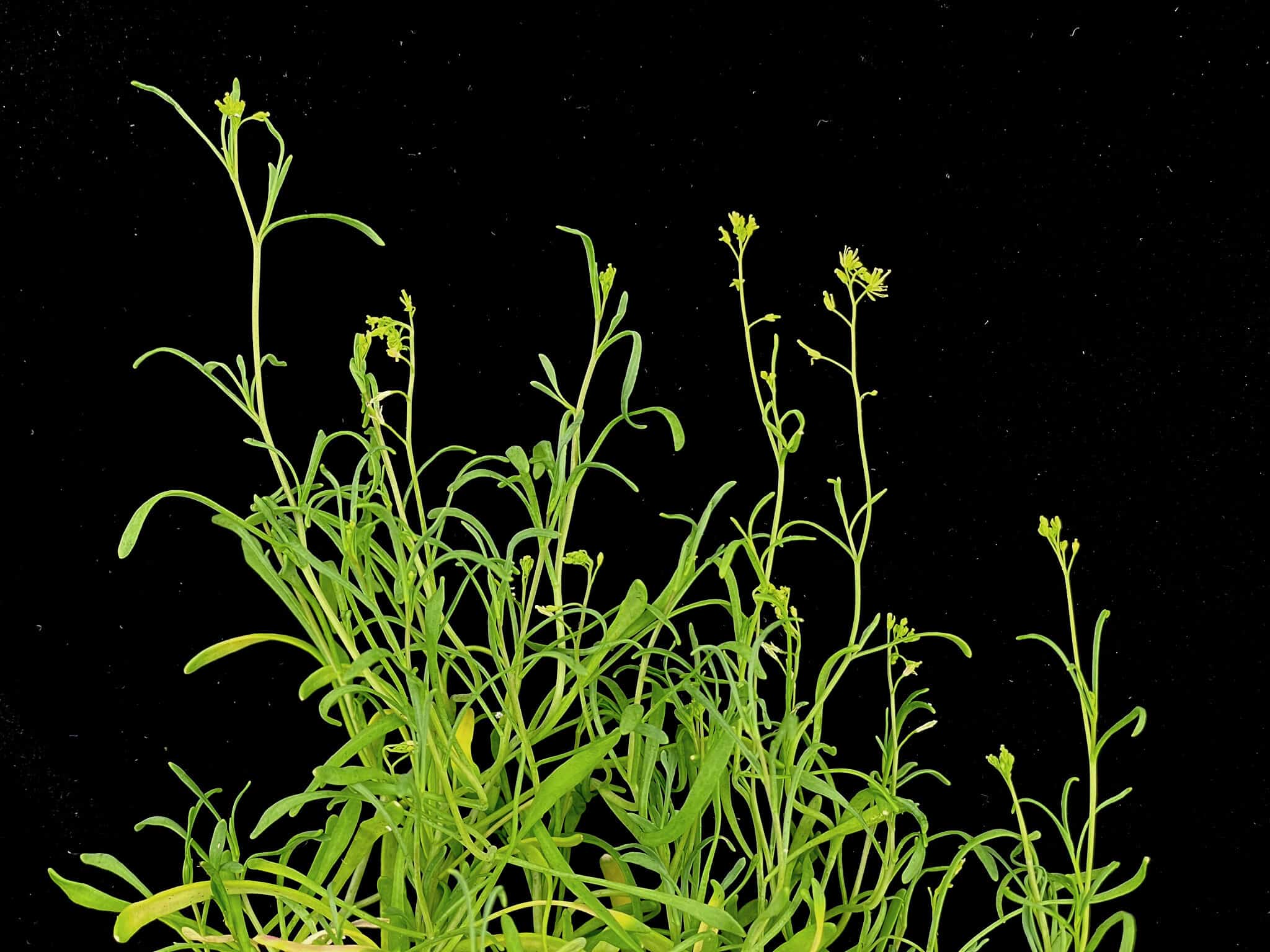Most plants handle adverse conditions like droughts by scaling back their biological functions or even shutting down entirely. Not so extremophytes, which have evolved to endure and even thrive in conditions that would be deadly to other plants.
By studying these plants and their responses to adverse environmental conditions, scientists say, we can fortify some of our crops against droughts, heat waves and other stresses.
“With climate change, we can’t expect the environment to stay the same,” explains Ying Sun, a postdoctoral researcher at the Salk Institute for Biological Studies in the United States. “Our crops are going to have to adapt to these rapidly changing conditions. If we can understand the mechanisms that plants use to tolerate stress, we can help them do it better and faster.”
Sun and her colleagues zeroed in on one especiallly hardy plant, Schrenkiella parvula, which thrives in highly stressful conditions because it can endure not only extreme salt in its water source but also floods, droughts and scorching sunlight along the shores of Lake Tuz in Turkey where it grows. In fact, the scientists report in a new study, the plant actually grows faster under stressful conditions.
“Most plants produce a stress hormone that acts like a stop signal for growth,” explains José Dinneny, an associate professor of biology at Stanford University, who is a senior author of the paper. “But in this extremophyte, it’s a green light. The plant accelerates its growth in response to this stress hormone.”
Schrenkiella parvula is a member of the Brassicaceae family, which contains cabbage, broccoli, turnips, and other key food crops. “In areas where climate change is expected to increase the duration and intensity of droughts, it would be valuable if these crops were able to weather or even thrive in those dry spells,” the scientists note in a statement on their findings.
In response to stresses triggered by dry or cold spells and increased salinity, plants produce a hormone called abscisic acid, which activates specific genes that instruct the plant how to respond. While other plants examined by the scientists slowed or stopped their growth in such conditions, Schrenkiella parvula continued setting down roots at an even faster rate.
By engineering a similar stress response in related food crops, we could fortify them against the slings and arrows of a changing climate, the scientists say.
“We’re trying to understand what the secret sauce is for these plant species — what allows them to grow in these unique environments, and how we can use this knowledge to engineer specific traits in our crops,” Dinneny says.
In addition, because Schrenkiella parvula is also related to several oilseed species, these could be engineered to grow even on land unfavorable to other crops and used as sustainable sources of jet fuel and other biofuels.
“You want to be growing bioenergy crops on land that is not suitable for growing food — say, an agricultural field that has degraded soil or has accumulated salinity because of improper irrigation,” Dinneny observes. “These areas are not prime agricultural real estate, but land that would be abandoned otherwise.”
This story first appeared on Sustainability Times
© 2022 Sustainability Times.
This article is licensed under a Creative Commons Attribution-ShareAlike 4.0 SA International License.












